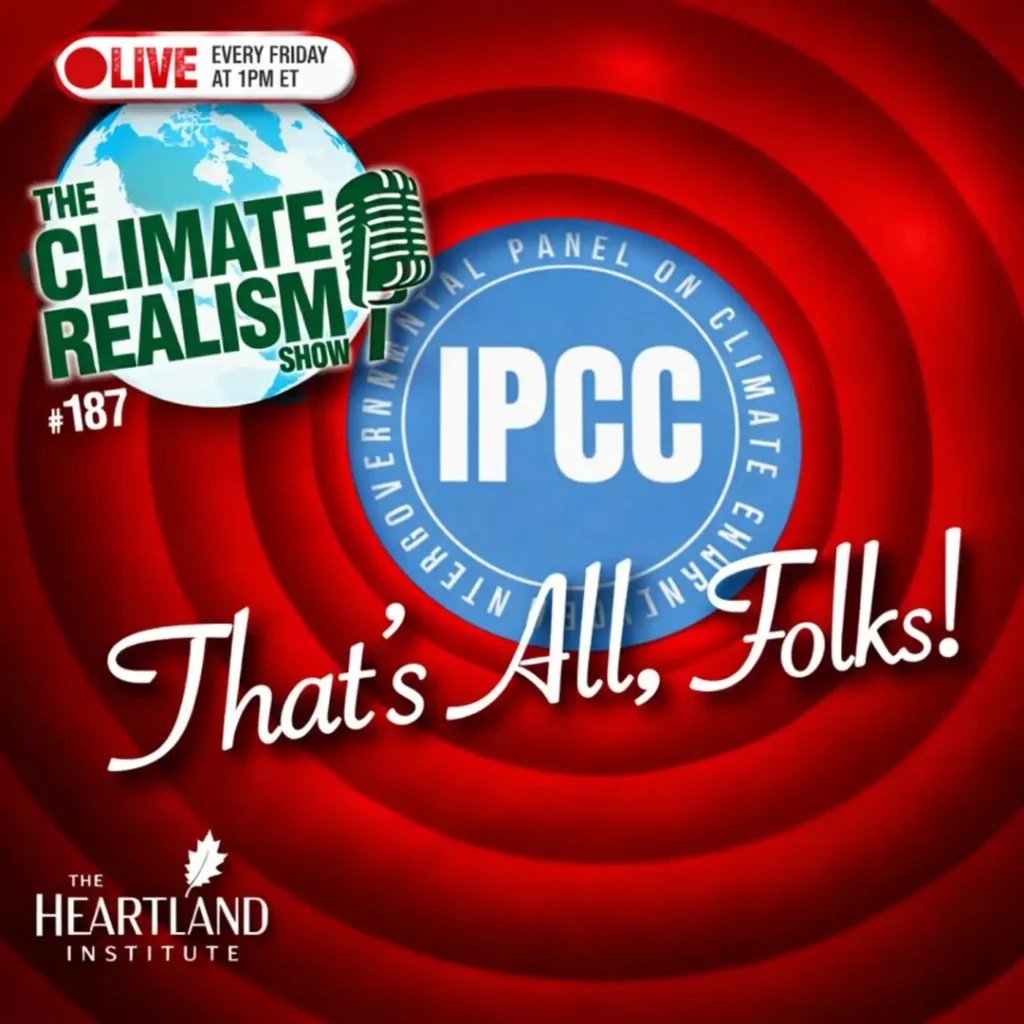Voters in South Dakota may soon be considering a new proposal to dramatically increase the state’s tobacco tax. The current cigarette tax is levied at a rate of 76.5 mills per cigarette, making the average tax on a 20-cigarette pack $1.53. The tax on other tobacco products is set at 35 percent of the wholesale price of the product.
The proposed ballot measure would give S.D. voters three options, two of which are rate increases. The third is a rejection of a rate increase. The two rate-hike options would increase the state’s tax on cigarettes by either 101.5 mills per cigarette, raising the tax to $2.03 per pack, or 126.5 mills per cigarette, increasing the tax by a dollar, to $2.53 per pack.
Although reducing smoking rates may be a noble goal, raising tobacco taxes rarely works as intended and frequently causes many negative effects, especially on small businesses. When “sin” taxes are implemented, retailers and wholesalers find themselves faced with decreased sales, as consumers seek to avoid the tax by purchasing products outside the county, city, or state imposing the tax.
According to the Tax Foundation, S.D.’s cigarette tax rate is now slightly lower than the national average ($1.68 per pack), but it’s higher than four of its six neighboring states.
S.D.’s tobacco tax rates now rank 26th in the country, but the two rates under consideration would give the state either the 13th or 17th highest rate – depending on which measure passes – and would move the state’s rate past Montana’s tax rate. Only Minnesota would have a higher rate in the region.
The proposal is likely to drive consumers to purchase tobacco in other states and increase black-market sales of tobacco products. The Tax Foundation notes S.D. already has the 17th-highest proportion of smuggled cigarettes, and smuggling is likely to increase even more if S.D. were to increase tobacco taxes further, making tax revenue less stable.
Because of these problems, tobacco taxes, like virtually all sin taxes, are an unreliable and shrinking tax-revenue stream for states. Relying on this tax for any major expenditure will likely create budget problems in the future. While sin taxes do sometimes result in increased revenue over the short term, they often lead to an even greater increase in expenditures, which typically cannot be supported by the tax over time, creating budget shortfalls.
According to data provided by the U.S. Census Bureau, state revenue from tobacco product taxes fell in 2013 by 0.9 percent, to $17 billion. That decrease followed a 0.5 percent reduction in 2012. The National Taxpayers Union Foundation has found tobacco tax collections failed to meet initial revenue targets in 72 out of 101 recent tax increases. The Tax Foundation reported similar results after S.D.’s last hike: After an initial increase, revenue collection decreased.
Cigarette taxes are highly regressive, unduly burdening moderate- and low-income individuals. The Bureau of Labor Statistics reports 95.8 percent of tobacco expenditures are made by consumer units (people spending together) who earn less than $150,000 per year.
An increased tobacco tax is unlikely to be the last sin tax proposal South Dakotans see. Lawmakers and government officials tend to shift sin taxes to other products when revenues run short of expectations. In addition to taxes on tobacco and alcohol, governments are beginning to expand sin taxes to other items not typically thought of as detrimental, such as sugary drinks, plastic bags and tanning beds.
Increasing taxes on tobacco products would reduce S.D.’s economic competitiveness and encourage unsustainable increases in government spending, all while placing an excessive burden on lower-income taxpayers. Instead of creating and increasing taxes, S.D. should focus on reducing spending and making government more efficient.
[Originally Published in the Argus Leader]



